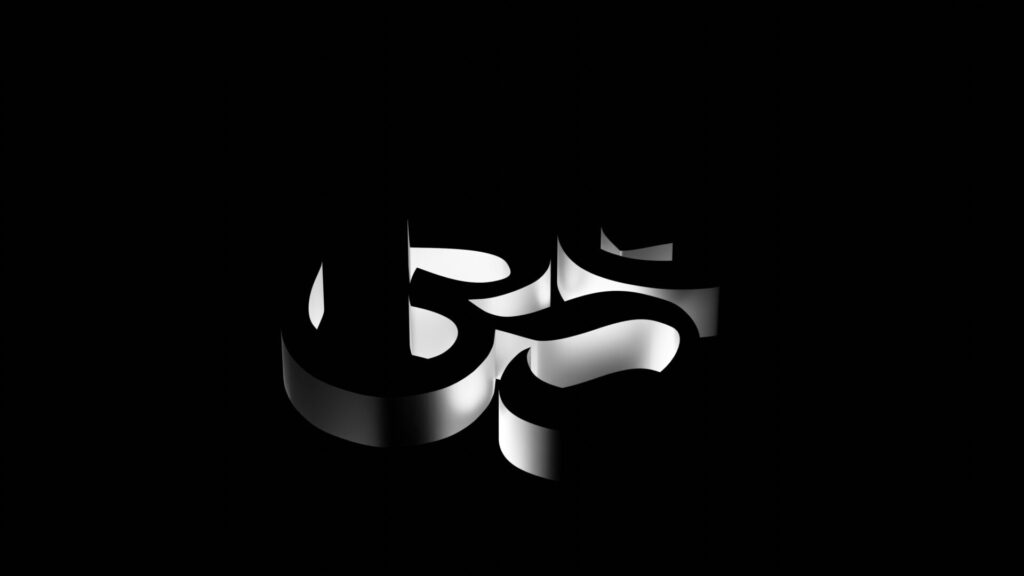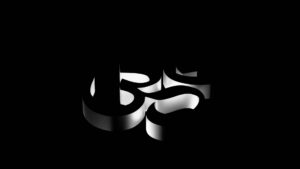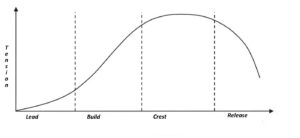The Trouble With Why
Have you got a big why? Perhaps your why helps grow your business, influence, or altruism. The trouble with why, however, is that some Big Whys are used to break things and hurt people. You know what I mean; insert your own Exhibit A here.
The Noble Why
The best why – the noble why – is one that’s combined with a powerful how. Not a forceful how that uses and abuses. The noble why and the powerful how aren’t about destruction to make a point, or slavery to achieve some goal, or winning at all costs to taste the delicious tears of one’s enemies. That’s old school. That’s what brought us to where we are right now in our worldwide foment of transformation.
The noble why and powerful how aren’t esoteric. They aren’t quantum. They’re not crystal-crunchy woo-woo pseudo-scientific ancient wisdom from outer space. You don’t need a guru or a Sanskrit name or a heavy book to access them. Anyone who claims otherwise is selling something.
In fact, the noble why – the why that “possesses outstanding qualities,” the why that arises “from superiority of mind or character or of ideals or morals,” (thank you, Webster) – and the how that makes it happen are so simple that a child can discover and act on them.
The Powerful How
The noble why and the powerful how are simple. You can find them everywhere you find joy, trust, and productive play. Where souls aren’t being crushed. Where curiosity and discernment have replaced rote legalism. Where people live fully in the present, in durable relationships doing good together.
Don’t take my word for it. Your favorite wisdom literature holds all the clues, once you stop using it as a brick to bludgeon others whose favorite wisdom literature speaks a different language.
So test your why. Is it noble? Will anyone or anything be destroyed as you achieve it? (Your Exhibit A here, again.) If so, it’s not noble, and that’s not good for anyone, even you.
Testing Your Why
If your why is noble, the next step is how to achieve it. The noble how is just as important as the noble why, perhaps more so. Tests for a noble how abound. One of my favorite secular tests for nobility comes from Rotary International:

You’d be surprised how well this works. World Central Kitchen has a both noble why and a noble how. So does Patagonia. Meta, Alphabet, and X don’t. Most governments can’t. As great as global influence is, the mechanics of why and how can be bent towards bad or good outcomes, and the practice of learning what works is highly individual.
The kindergarten kid who becomes king of the sand hill is not unaware of the bloody nose another kid got during the struggle. The abused pet, child, significant other, parent, or co-worker is not immune to toxicity, even in service to some “higher good.” Inflicting injury or trauma does not need to be an essential part of achieving your personal why, if and only if you have mastered the noble how.
Your Call To Action
Think about this the next time you consider why you do what you do. If your why holds no harm for anyone, chances are good that your how is noble, too. If not? Fix your why. You may need to sacrifice stuff to get it right. Do that. Once the why is noble, align it with a noble how. Then let it fly.
And, watch it work for good.
_____________________________
Over the course of more than 40 years of paying attention to how music works on us, Bill Protzmann has rediscovered the fundamental nature and purpose of music and accumulated a vast awareness of anthropology and sociology, as well as the effects of music, the arts, and information technology on human beings. Bill has experimented with what he has learned through performing concerts, giving lectures, facilitating workshops, and teaching classes. He first published on the powerful extensibility of music into the business realm in 2006 (here and abstract here). Ten years later, in 2016, he consolidated his work into the Musimorphic Quest. In this guided, gamified, experiential environment, participants discover and remember their innate connection to this ancient transformative technology. Also, The National Council for Behavioral Healthcare recognized Bill in 2014 with an Inspiring Hope award for Artistic Expression, the industry equivalent of winning an Oscar.
Musimorphic programs support wellness for businesses, NPOs and at-risk populations, and individuals.



